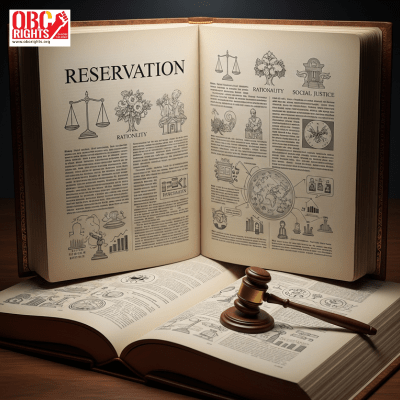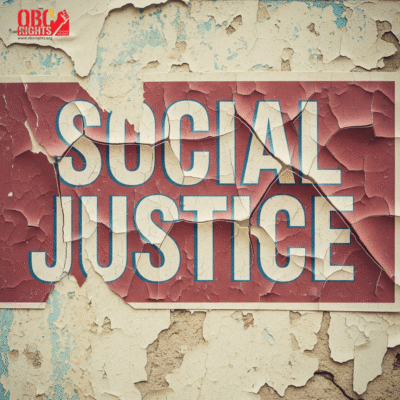When it comes to education, scholarships are meant to be a lifeline, especially for students from backward and marginalized communities. But for many BC (Backward Classes) and MBC (Most Backward Classes) students in Tamil Nadu, this support often remains out of reach. Most of the OBC Students are deprived of this essential requirement.
The Hidden Gap
Officially, BC and MBC students are not eligible for scholarships if they study in self-financing colleges or get admitted through the management quota. On paper, it looks like a policy decision. But in reality, nearly 90% of BC and MBC students don’t get it even if they apply or are denied scholarships due to unethical practices, as revealed by field-level inquiries.
This means that the core segment of students who essentially need support the most are often left behind.
What the Numbers Say
Let’s take a look at the actual fund allocation and expenditure by the Government of Tamil Nadu:
| Year | SC/ST (in Cr.) Population | OBC Minorities (in Cr.) Population | ||
| 2020–21 | ₹3725.99 | 20% | ₹827.98 | 76% |
| 2021–22 | ₹2463.68 | 20% | ₹694.38 | 76% |
| 2022–23 | ₹2859.31 | 20% | ₹1499.65 | 76% |
While there has been an increase in allocation for BC/MBC/Minorities in 2022–23, the gap still shows deep inequality in support across communities.

Scholarship Details: Course-Wise Breakup for Reservation Categories:
| Course | BC/MBC/DNC Students | SC/ST Students |
| UG – Arts & Science | Day Scholar: ₹2,000 Hosteller: ₹4,000 | Comp. Sci: ₹5,500 / ₹8,500 Other: ₹5,500 / ₹8,500 |
| Technical Course (First Graduate) | ₹4,300–₹4,500 + Hostel ₹4,000 | Private UG: ₹57,000–₹62,000 (includes tuition fees) |
| Other Categories | ₹6,300–₹6,450 + Hostel ₹4,000 | Free tuition in govt./govt.-aided colleges |
| PG (M.Tech) | ₹13,500 + Hostel ₹4,000 | Free Tuition Fees and Scholarship |
Here’s a simplified view of what students receive depending on their course and category:
In reservation categories, SC/ST students receive free tuition and higher scholarships, BC/MBC students often get lower financial support, and most of the OBCs who applied for scholarships online were not given scholarships.
When we look at the bigger picture, it’s not merely about statistics—it’s about justice, equal access, and inclusion. Education is supposed to level the playing field, but policies and practices are creating new layers of exclusion. When there is an income limit of Rs 2 Lakhs per year for OBCs, the other category does not have this restriction.
From budget disparities to policy loopholes, BC and MBC students face systemic barriers. And unless these issues are addressed, the promise of equal opportunity will remain just that—a promise.
What Needs to Change?
- The income limit/barrier for OBCs must be raised from Rs 2 lakhs per year to Rs 8 Lakhs.
- Students admitted through self-financing and management quota should also be made eligible for scholarships.
- Awareness campaigns are necessary to ensure that students apply for what they are rightfully eligible for.
- There is a need to strengthen monitoring systems to stop unethical rejections.
- Fair budget allocation must reflect the actual educational needs of BC/MBC communities.



